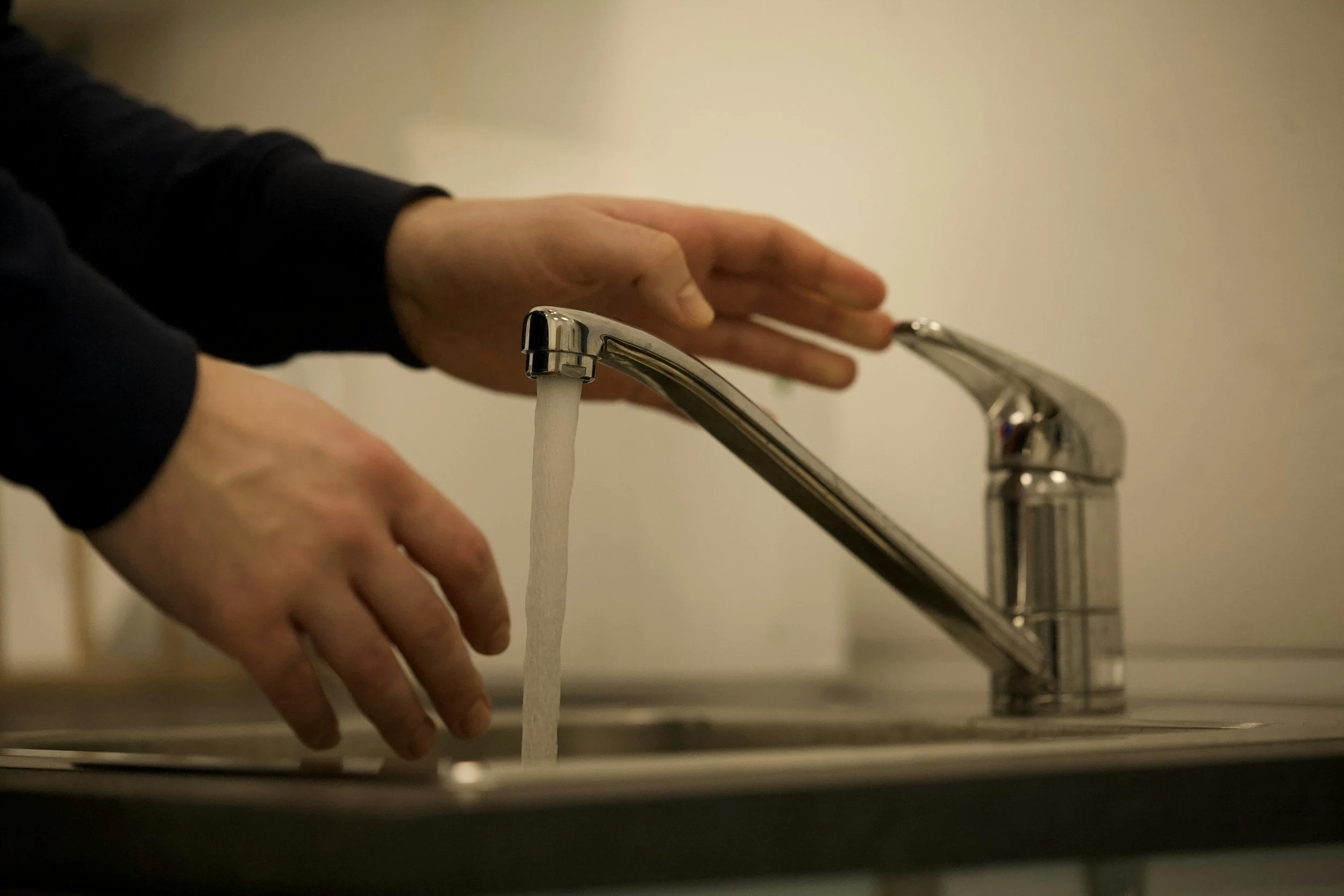Can Cosmetic Surgery Be Sustainable?
By PAGE Editor
Surgical procedures are rarely thought of as eco-friendly, given their use of non-recyclables and chemicals. In the case of plastic surgeries, which are procedures used to restore the function and appearance of skin and tissue post-injury, the clue is in the name. Look into a board certified mohs surgeon if you are serious about the process and procrdures.
Besides air pollution caused by the disposal of medical waste such as plastic gloves and gauze using incinerators, the carbon footprint of substances used to make injectables and implants can also have a significant impact. As awareness surrounding environmental issues continues to grow, what can the aesthetics industry do to help?
Non-Implant Procedures
Some procedures, such as the Dr. Jay Calvert fox eye lift (a procedure designed to lift the outer corner of the eye to make it appear more almond-shaped) are achieved with the use of biodegradable threads, with effects lasting up to one year.
Despite the relatively low environmental impact compared to other treatments, procedures of this type can pose certain risks, such as distortion and scarring to the thin skin around the eyes and temples. This makes it all the more important for clients to seek out experienced, board-certified practitioners who prioritize their patient’s long-term health.
Making an Informed Decision
Besides relevant qualifications and experience, thorough consultation to discuss any concerns and potential risks is generally considered good practice for cosmetic surgeons. During this, questions about the mental, emotional, and physical effects of surgery are common, although less is said of the environmental implications.
Exploring options for plastic surgery in Birmingham can help you find highly qualified professionals who prioritize patient care and sustainability. Choosing the right surgeon ensures a safe and thoughtful approach to achieving your desired results.
While this tends not to be a common topic of conversation in cosmetic surgery clinics, in some cases these discussions can potentially help; for example, inform patients who would rather not make animal-derived substances a part of their procedure about using sustainable alternatives.
Experts like Dr. Todd Pollock are known for their innovative approaches, combining patient-focused care with ethical and sustainable practices to provide personalized surgical solutions.
Vegan and Non-Vegan Treatments
Some cosmetic treatments contain animal-derived ingredients: botox is prepared using an egg base (an important consideration for any potential candidates with allergies) and like dermal fillers are still required by law to be animal-tested, despite pushback from some organizations to prevent this.
Ultimately, no cosmetic procedure can be 100% eco-friendly, although some are more than others. Some alternatives to non-vegan cosmetic treatments include lip and facelifts, which surgically lift and manipulate the skin without other substances, and injectables such as PRP (platelet-rich plasma) and mesotherapy, in addition to laser treatments.
Environmental Impact
Besides waste disposal, another key factor concerns greenhouse gasses released through the production and shipping processes of materials, in addition to the use of the electrical energy used to power surgical tools and infrastructure.
Water pollution is another important issue: if disposed of incorrectly, hazardous chemicals such as anesthetics, cleaning products, and other chemical substances have the potential to damage our ecosystem.
What Is Being Done to Help?
Cosmetic surgery is a lucrative business with a number of ethical angles to consider. Besides patient health and safety, the growing popularity of these procedures also leads to questions concerning the environmental impact of greenhouse gas emissions, pollution, and environmental waste.
A 2020 article from PRS Global Open gave examples of eco-friendly practices, including the use of reusable and recyclable materials and energy conservation methods. While cosmetic procedures continue to benefit clients, the hope is that more surgeons will also turn their attention to maintaining the most beautiful asset we have.
HOW DO YOU FEEL ABOUT FASHION?
COMMENT OR TAKE OUR PAGE READER SURVEY
Featured











When investing in quartz countertops, choosing the right warranty and care package is just as important as selecting the color and finish.